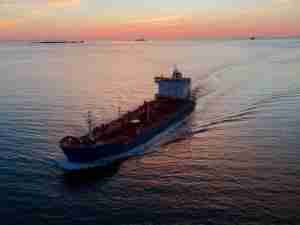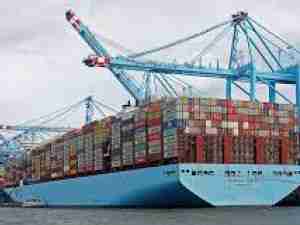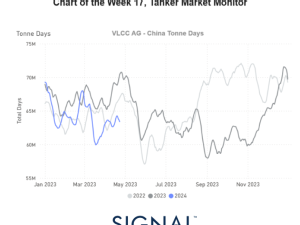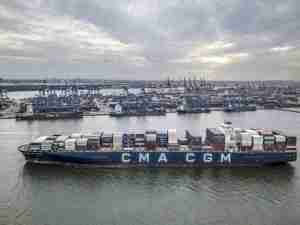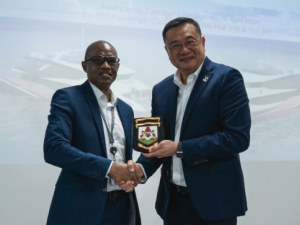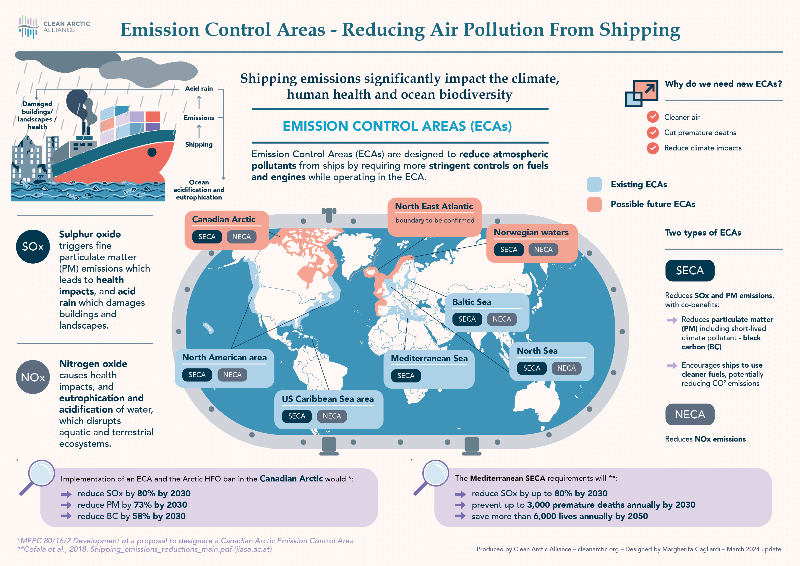
As a meeting of the International Maritime Organization’s Marine Environment Protection Committee (IMO, MEPC 81) closed today, the Clean Arctic Alliance today welcomed the support for two new areas in the Arctic to be protected from polluting air emissions from shipping.
The two Emission Control Areas (ECAs) proposed by Canada and Norway and approved by IMO member states will provide additional protection from air emissions in Canadian Arctic waters and the Norwegian Sea by reducing emissions of sulphur oxides (SOx), particulate matter and nitrogen oxides (NOx) from international shipping.
“The creation of these two new Emission Control Areas will set an important precedent for the protection of our climate and our ocean, and particularly the Arctic”, said Dr Sian Prior, Lead Advisor to the Clean Arctic Alliance. “We hope that the designation of ECAs in Canadian Arctic Waters and the Norwegian Sea will drive broad positive change in reducing shipping climate pollutants, especially if the shipping sector complies with the designation by switching to low-sulfur distillate fuels or other cleaner non-fossil fuels. In addition, moving to cleaner fuels will reduce emissions of SOx and particulate matter leading to co-benefits with reductions in black carbon (BC) emissions, provided that cleaner ECA-compliant fuels - and, in particular, distillates - are used.”
“The creation of an ECA in Canadian Arctic waters will reduce polluting air emissions from ships, improve air quality for northern populations, deliver benefits to both marine and terrestrial habitats and wildlife and also contribute to a reduction in climate-forcing black carbon pollution in the Arctic”, continued Prior. “The Norwegian Sea ECA will reduce impacts on human health and contribute to the reduced deposition of nitrogen and sulphur along the Norwegian coast, including a 58% reduction in particulate matter, such as black carbon, by 2030 compared with 2020. Both ECAs will significantly reduce air pollution from ships in the Arctic.”
“The designation of ECAs in the Canadian Arctic waters and the Norwegian Sea highlights the need for continued work on a possible creation of an ECA in the North-East Atlantic Ocean as referred to at MEPC 80 last summer", said Carolina Silva, Shipping & Ocean Policy Officer at Zero. “These ECAs will significantly expand the socio-economic, environmental, and health benefits for a large number of coastal communities, as well as marine and coastal habitats and wildlife along the North-East Atlantic region, and will also have the co-benefit of reducing black carbon emissions from shipping further south which can still impact the Arctic.”
“ECAs remain one of the most efficient tools at IMO Member States' disposal to tackle air pollution from ships and are particularly relevant for sensitive ecosystems like the Arctic, therefore, it is important that proposals for new ECAs are as effective and environmentally sound as possible, to ensure their full potential is realized”, continued Silva. “To this end, the positive show of support for Norway’s proposal, which rectifies a problem in the existing ECA regulations whereby a loophole allows ships to delay the implementation of the most stringent NOx reduction requirements, is a good first step in the right direction [1]. Now the IMO must urgently address the fundamental shortcomings of the NOx regulation to prevent further delay of the most stringent requirements in other regions, and to maximize the potential emissions reductions from establishing new ECAs.”
Underwater noise, Black Carbon, Scrubbers, and the Carbon Intensity Indicator (CII)
Much of the discussion at the IMO over the past two weeks has focused on measures to support the delivery of the IMO’s newly revised greenhouse gas strategy. Although there has been growing support for a fuel levy, MEPC 81 has been a lost opportunity with respect to the discussion of a global fuel standard and energy efficiency measures such as the review of the IMO’s Carbon Intensity Indicator (CII). The CII is due to start a review process later in the year, however, a proposal from representatives of the shipping industry to effectively put the current CII “on hold” pending the review was not supported by the Committee. Progress has also been more limited or non-existent on other matters during MEPC 81. An Action Plan on Underwater Noise has been approved and will be considered in more detail at the next meeting of MEPC later in the year, although it has yet to be agreed if the work to deliver the action plan will be taken up by MEPC - a proposal for new work is anticipated at MEPC 82.
Frustratingly discussions of other air pollution including measures to control emissions of black carbon impacting the Arctic were kicked down the road to MEPC 82, although it was noted that a co-benefit of the ECA approvals would be to reduce black carbon emissions in these areas. Similarly further discussion of the discharge of wastewater from the use of scrubbers used to circumvent the need to move to cleaner fuels, was also delayed to MEPC 82.
